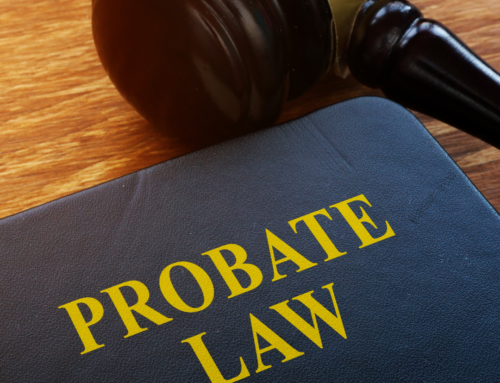Business activities, no matter how small, come with risk as well as tax liabilities, both of which can be reduced by operating through a legal entity — a limited liability company or corporation. The Federal corporate tax rate for C Corporations[1] has plunged, down to 21%; a 20% qualified business income deduction applies to limited liability companies (LLC) and S Corporations. If you have not done so already, now is the time to determine the appropriate entity to limit your risk and legally avoid taxes.
Risk avoidance. Business activities involve risk as our society has placed the burden of damages upon business owners, for negligence with some being strictly liable for their activities or products. Proprietorships and general partnerships place your (and your partners’) personal assets (home, vehicle, etc.) at risk. They are not an appropriate option in our litigious society, irrespective of how much insurance[2] one might carry. Protection of one’s assets by an entity is most appropriate.
Tax avoidance. For LLCs, California’s franchise taxes are high and are based upon gross income (not profit). As a result, small and start-up companies generally use S Corporations, which are treated as pass-through entities for federal tax purposes and are only subject to a 1.5% California franchise tax on profits. Once your business/entity exceeds one million dollars ($1,000,000) in profit, conversion to an LLC may be advisable as California’s LLC taxes cap out at $11,000 annually. Sole proprietorships and partnerships are subject to a 15.3% self-employment tax on owner receipts, which can be substantially reduced by having an S Corporation or LLC.
Other factors. There are many other factors to consider. See our business Advisories, including an advisory on “’S’ Corporation vs. LLC: The Best Structure for your California Business?” Sometimes a C Corporation is best or a Delaware incorporation (or a conversion of an S Corporation LLC to a Delaware Corporation). Some of the factors to consider are the applicable law, tax residency and tax rate of the owners (shareholders and members), state laws applicable to the business, and the future ambitions of the owners and business.[3]
For businesses, these are exciting times. The 2017 Tax Act provided a much more favorable tax climate. More and more entrepreneurs are taking advantage of the opportunities they see. We look forward to representing your business, as Fauver, Large, Archbald and Spray is a business law firm, providing services in every aspect of a business from formation, through organization, and upon exiting, together with intellectual property, employment, real estate, tax, and other important considerations for the business you work so hard to develop. We look forward in sharing your dream and protecting what you develop through your efforts.
DISCLAIMER: This Advisor is one of a series of business, real estate, employment, estate planning and tax bulletins prepared by the attorneys at Fauver, Large, Archbald & Spray, LLP. This Advisor is not exhaustive, nor is it legal advice. You should discuss your particular situation with us or with your own attorney. Our legal representation is only undertaken through a written engagement letter and not by the distribution or use of this Advisor.
[1] Unfortunately California’s 8.84% Franchise Tax has not changed.
[2] Insurance is appropriate for all businesses, including those within an entity, as insurance entitles you to a “free” attorney representation, but your control of your case/claim is lost; the insurance company will fully manage the case including settlement even if you are not in agreement. Class action suits are rampant; most complaints claim damages in excess of the usual insurance limits, so that an entity (or entities) is appropriate.
[3] Delaware corporations doing business in California are subject to California law in certain aspects of their internal and external affairs.





